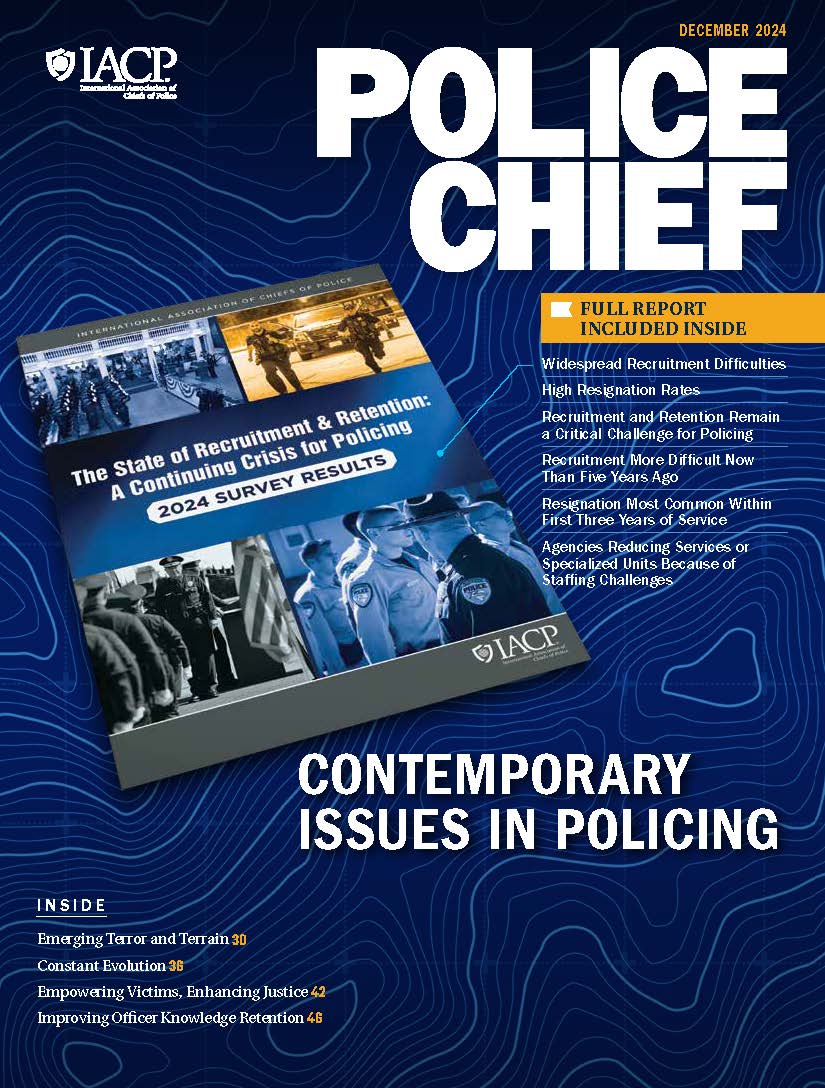Intersections can be dangerous places. And Sarasota, Florida, now better understands the intersection of the U.S. homelessness crisis and police response.
Sarasota’s historic response was possibly not unlike many cities—utilizing the historic role of police with enforcement as the primary tool to resolve public space issues and criminal code violations involving individuals experiencing homelessness. This response had unintended consequences. In 2006, the National Coalition to End Homelessness declared Sarasota to be the United States’ “meanest city” toward homelessness for its local codes, with critical national media coverage of Sarasota to follow in the years after.1 Advocates pressed hard against the city with repeated litigation and other oversight, including an American Civil Liberties Union of Florida (ACLU Florida) challenge to the constitutionality of Sarasota’s police response.2 Sarasota has come a long way—in 2014, the city started looking at things differently and completely reengineered its police response and the local homelessness response system from the ground up. The rule of law is still enforced in public spaces, but the city has rebuilt its practices to do it responsibly.


